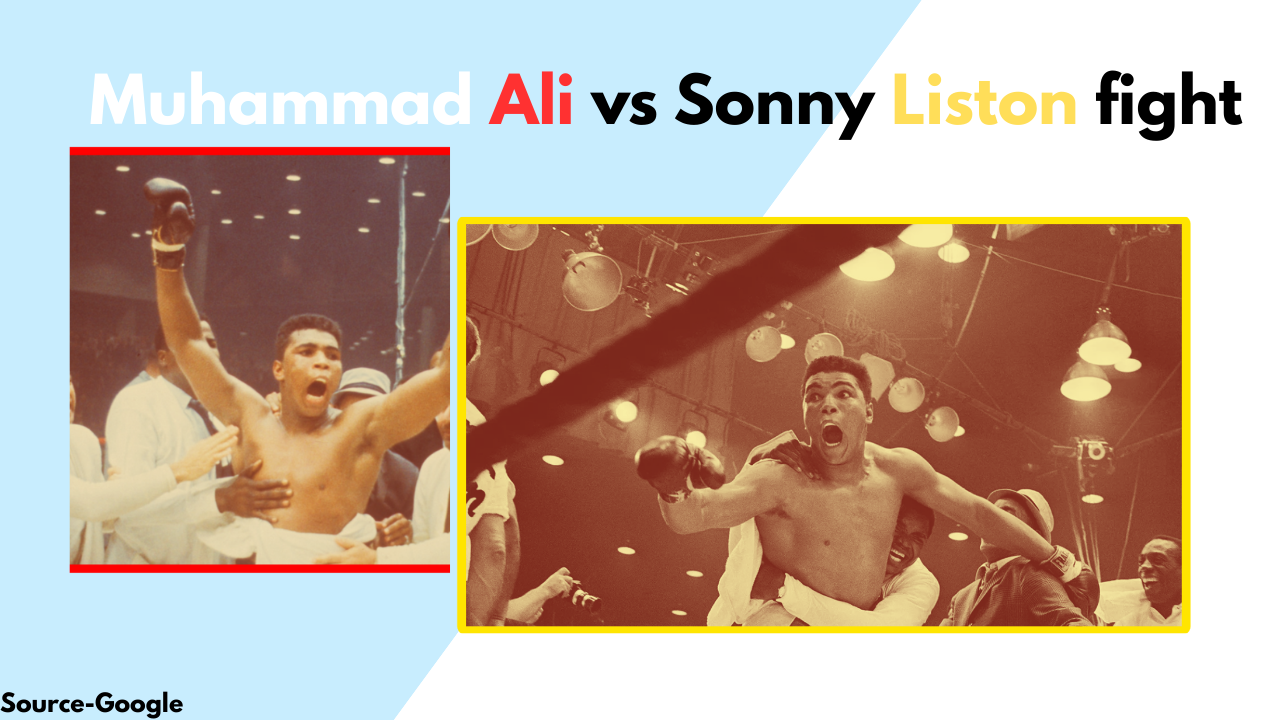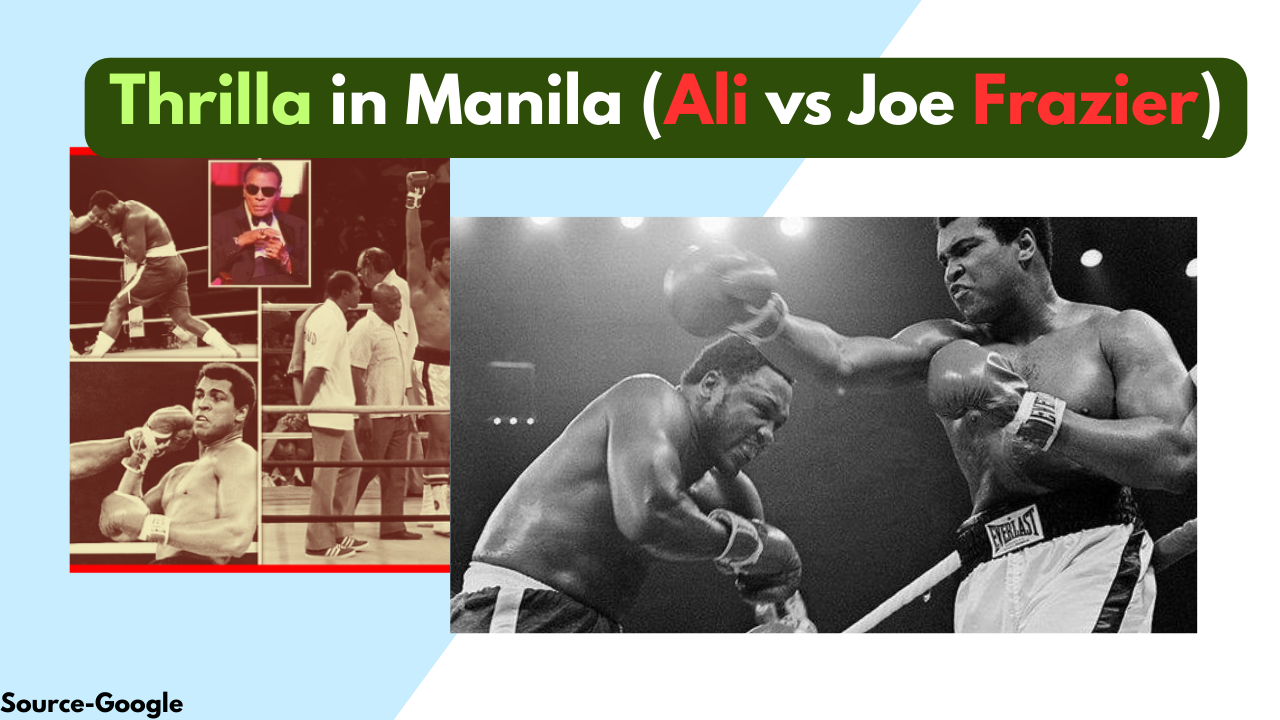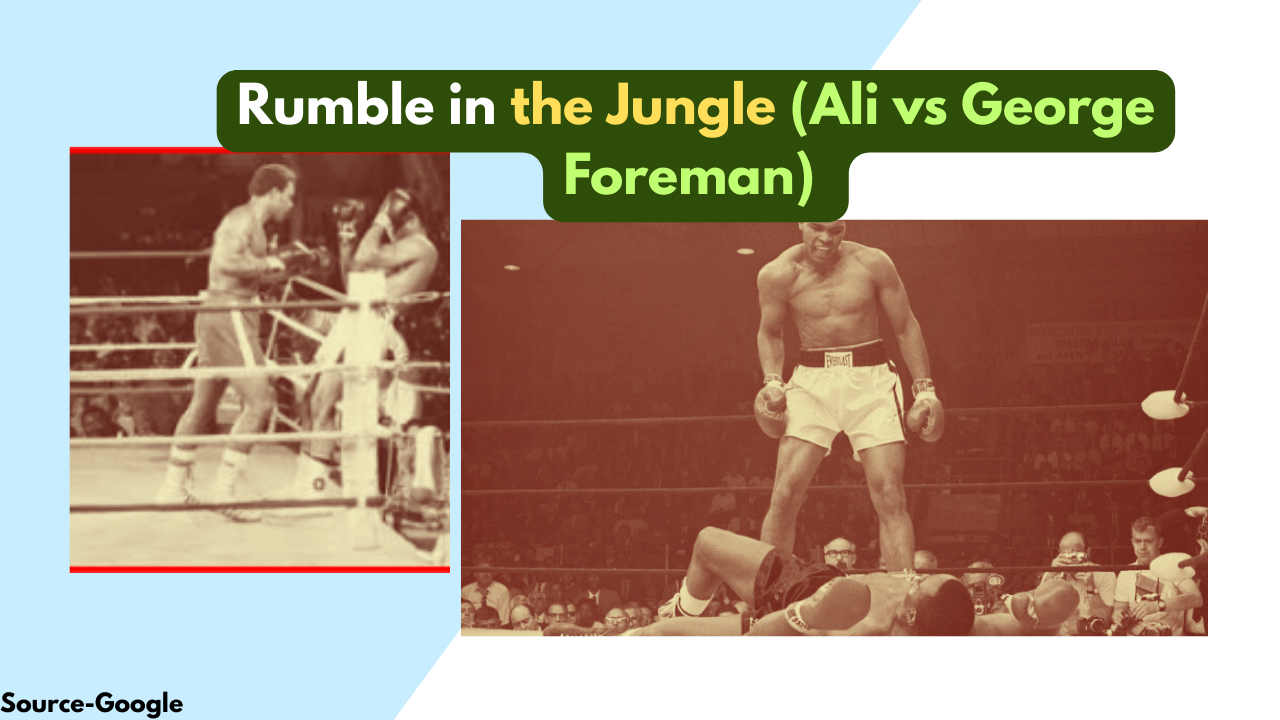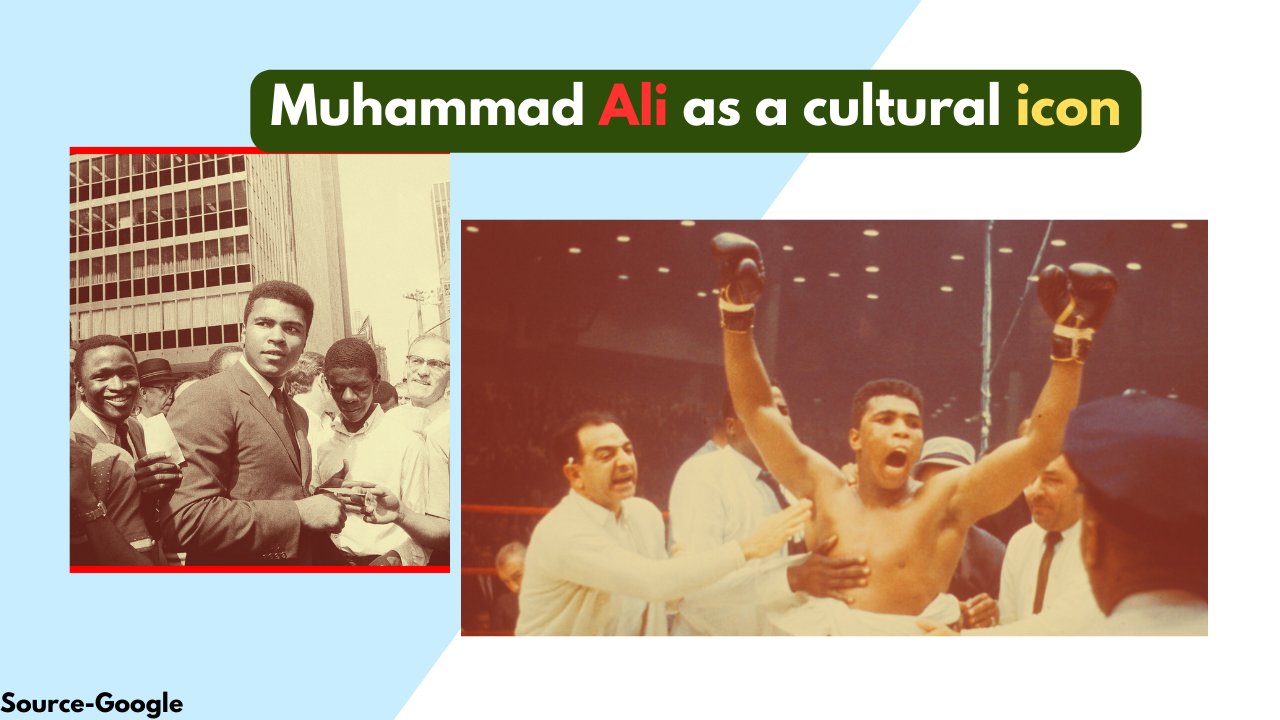Muhammad Ali: How He Changed Boxing and the World
 Muhammad Ali How He Changed Boxing and the World
Muhammad Ali How He Changed Boxing and the World
The Champ Who Shook the World
When it comes to the biggest name in boxing history, one man stands above all—Muhammad Ali: How He Changed Boxing and the World. Once known as Cassius Clay, Ali transformed into “The Greatest”—notjust because of his skills in the ring, but because of the way he changed the world outside of it.
Ali’s famous words, “Float like a butterfly, sting like a bee,” were not just a catchy phrase—they defined his fighting style, his confidence, and his personality. But Ali was far more than just a fighter. He was a symbol of hope, pride, and resistance. From his boxing rivalries to his political stances, Muhammad Ali forever reshaped the conversation around sports, race, religion, and culture.
This article dives deep into Ali’s early life, his most iconic rivalries, legendary boxing matches, and the global impact of his career.
Early Life and Rise to Fame | Muhammad Ali: How He Changed Boxing and the World
Muhammad Ali was born Cassius Marcellus Clay Jr. on January 17, 1942, in Louisville, Kentucky. Growing up in a racially segregated America, Ali experienced discrimination early in life, but it fueled his determination to achieve greatness.

At the age of 12, Ali began boxing after a police officer introduced him to the sport. He quickly showed promise, winning amateur titles before earning his first big recognition—a gold medal at the 1960 Rome Olympics in the light heavyweight category.
In 1964, Ali stunned the world by defeating Sonny Liston and becoming the World Heavyweight Champion. Soon after, he embraced Islam and changed his name to Muhammad Ali. At a time when racial tensions were high, this bold move was more than personal—it was a declaration of identity and pride.
Muhammad Ali vs Sonny ListonThe Birth of a Legend
Ali’s first major rivalry came against Sonny Liston, a feared heavyweight champion with an intimidating reputation.
- 1964 First Fight: Almost nobody gave Ali a chance, but he shocked the world by dominating Liston and winning in the 7th round. This was not just a victory—it was the beginning of a revolution in boxing.
- 1965 Rematch: Their second fight ended in just one round, with Ali knocking out Liston with what became known as the “Phantom Punch,” one of the most controversial moments in boxing history.
👉 Impact of Rivalry: These fights didn’t just make Ali a champion—they made him a global superstar. His confidence, quick hands, and unique fighting style introduced the world to a new kind of boxing hero.
Muhammad Ali vs Joe FrazierThe Fight of the Century
The rivalry between Muhammad Ali and Joe Frazier is considered one of the most iconic in boxing history. Their trilogy of fights remains legendary for both its intensity and cultural significance.
- 1971 First Fight (Fight of the Century): Held at Madison Square Garden, both fighters were undefeated. In a dramatic battle, Frazier knocked down Ali and won by unanimous decision. This fight was seen as more than sports—it was a clash of ideas and identities in America.
- 1974 Rematch: Ali came back strong, defeating Frazier by decision, proving his resilience and skill.
- 1975 Thrilla in Manila: Held in the Philippines, this was perhaps the most brutal fight in boxing history. After 14 grueling rounds, Frazier’s trainer stopped the fight, giving Ali the win. Ali later admitted, “It was the closest thing to death.”
👉 Impact of Rivalry: This trilogy shaped Ali’s career and remains a defining moment in boxing history. It highlighted Ali’s courage, stamina, and ability to rise after setbacks.
Muhammad Ali vs George ForemanThe Rumble in the Jungle
In 1974, Ali faced another monumental challenge against the undefeated powerhouse George Foreman.

The fight, famously called the “Rumble in the Jungle,” took place in Zaire, Africa. Foreman was considered unbeatable—a knockout machine. But Ali shocked the world again by inventing the “Rope-a-Dope” strategy. He leaned against the ropes, absorbed Foreman’s punches, conserved energy, and then unleashed a counterattack. In the 8th round, Ali knocked Foreman out.
👉 Impact of Rivalry: This victory cemented Ali’s status as “The Greatest.” It was more than a boxing win—it became a symbol of pride for Africa and a victory for underdogs everywhere.
Muhammad Ali vs Ken NortonThe Underrated Rivalry
Another fascinating rivalry came against Ken Norton, a tough fighter who pushed Ali to his limits.
- 1973 First Fight: Norton broke Ali’s jaw and won by decision, shocking the boxing world.
- 1973 Rematch: Ali bounced back and narrowly won.
- 1976 Third Fight: Controversial, with many believing Norton deserved the win, but the judges gave Ali the decision.
👉 Impact of Rivalry: Unlike other opponents, Norton exposed Ali’s vulnerabilities. This rivalry showed the world that even the greatest could struggle—making Ali more human and relatable.
Beyond Boxing—Ali the Activist and Cultural Icon
Muhammad Ali’s influence extended far beyond the boxing ring. He became a powerful voice for justice, equality, and human rights.

- Vietnam War Protest: Ali famously refused to join the U.S. Army draft during the Vietnam War, declaring, “I ain’t got no quarrel with them Viet Cong.” This decision cost him his titles and led to a three-year boxing ban, but it turned him into a symbol of resistance and anti-war courage.
- Civil Rights Movement: Ali fearlessly spoke out against racism and injustice. He became an icon for African-Americans fighting for equality.
- Religion and Identity: By embracing Islam and standing strong in his beliefs, Ali challenged stereotypes and gave confidence to others struggling with identity.
👉 Cultural Impact: Ali became more than a sportsman—he was a global cultural leader, influencing generations of athletes and activists.
Muhammad Ali’s Legacy in Sports and the World
- Boxing Records: 56 wins, 5 losses, with 37 knockouts. He became a three-time Heavyweight Champion, a record that set him apart.
- Cultural Quotes: His words—“I “am the greatest” and “Float like a butterfly, sting like a ”bee”—remain legendary.
- Inspiration: Ali proved that athletes could be more than entertainers—they could be voices for social change.
- Philanthropy: In later years, Ali dedicated himself to charitable causes and Parkinson’s disease awareness.
Conclusion: Why Muhammad Ali Will Always Be The Greatest
Muhammad Ali was not just a boxer. He was a movement, a symbol of courage, pride, and change. Inside the ring, he was unmatched. Outside it, he became a cultural icon who reshaped the way the world saw athletes.
For fans, Ali will always be remembered as “The Greatest of All Time”—a man who fought battles in the ring and in society and won hearts across the world.
FAQs About Muhammad Ali
Q1: What was Muhammad Ali’s real name?
His birth name was Cassius Marcellus Clay Jr.
Q2: How many World Heavyweight titles did Muhammad Ali win?
He won the title three times.
Q3: Which was Muhammad Ali’s most famous fight?
The “Thrilla in Manila” vs Joe Frazier and the “Rumble in the Jungle” vs George Foreman.
Q4: Why did Muhammad Ali stop boxing?
He retired due to health issues, especially the effects of Parkinson’s disease.
Q5: What is Muhammad Ali’s most famous quote?
“Float like a butterfly, sting like a bee.”











